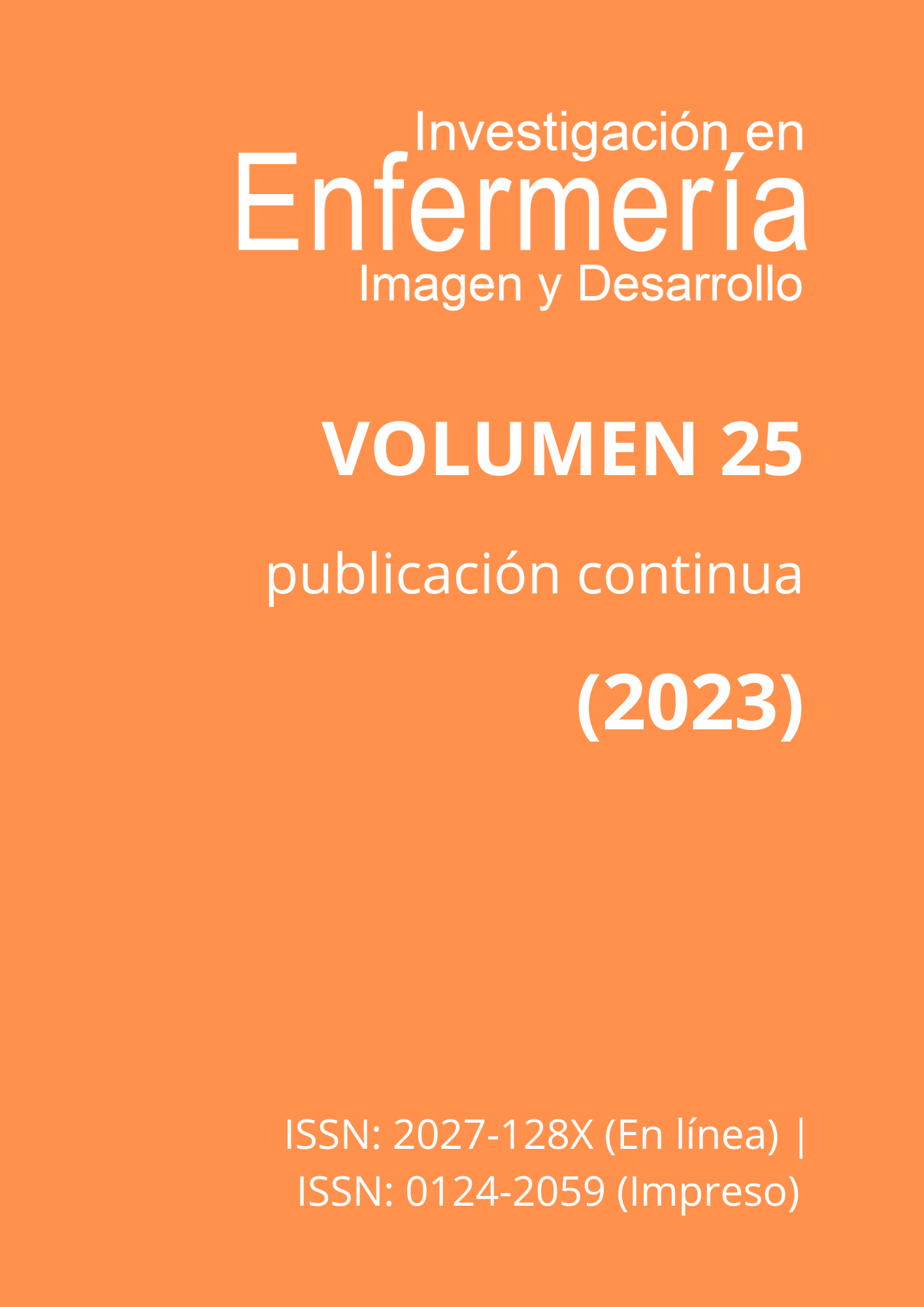Resumen
Introducción: Los programas de educación en salud dirigidos a las poblaciones indígenas deben ser revisados por expertos con el fin de evaluar si su adaptación cultural es apropiada y precisa. Objetivo: Determinar la validez de los contenidos contemplados en una intervención educativa para el mejoramiento de conocimientos, actitudes y prácticas, para la prevención de la malaria en la población Emberá Katío del departamento de Córdoba, Colombia. Materiales y métodos: Estudio de tipo metodológico para la validación de una intervención educativa que incluyó cuatro módulos, administrados en sesiones presenciales, en las que se utilizaron estrategias educativas como clases, discusiones guiadas y talleres. Participaron trece expertos en trabajo con comunidades indígenas, quienes evaluaron los criterios de claridad, pertinencia, relevancia y coherencia del contenido de cada módulo. Se estimó el índice de validez de contenido (IVC) de Lawshe modificado por Tristán y se asumió el valor ≥ 0.58 para considerar la aprobación de los criterios de los módulos. Resultados: Todos los módulos obtuvieron IVC globales que fluctuaron entre 0.83 y 0.90. La claridad del Módulo 1, ‘Conociendo la malaria’, tuvo un valor de 0.69 y el resto de los valores de los cuatro criterios osciló entre 0.77 y 1. Discusión: Los criterios evaluados superaron el punto de corte establecido por la literatura para aprobar la intervención, y las observaciones y recomendaciones de los expertos fueron consideradas para ajustes en la misma. Conclusión: Se determina que la intervención educativa evaluada tiene alta validez de contenido en sus módulos según los criterios contrastados.

Esta obra está bajo una licencia internacional Creative Commons Atribución 4.0.
Derechos de autor 2024 Investigación en Enfermería: Imagen y Desarrollo



